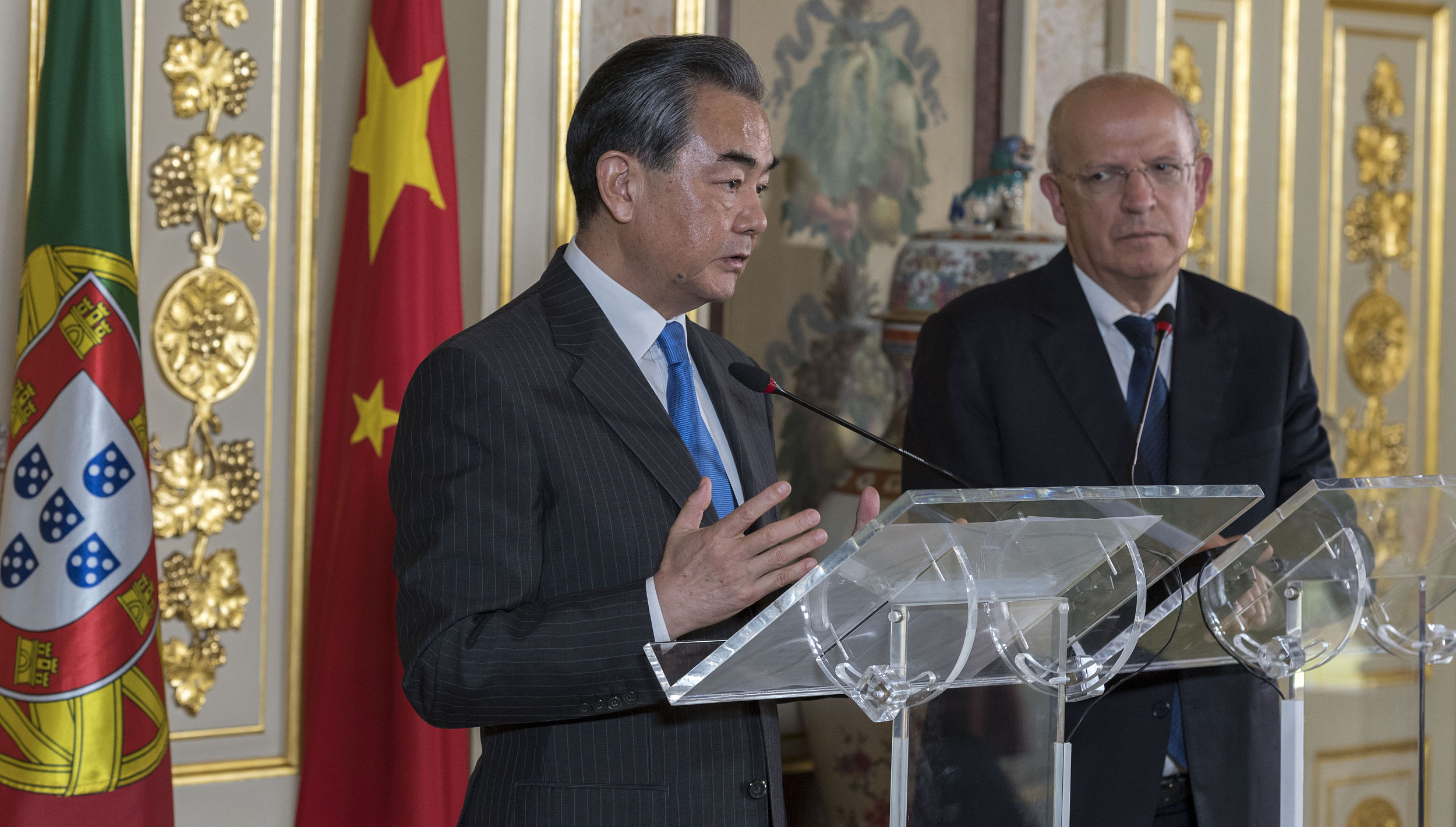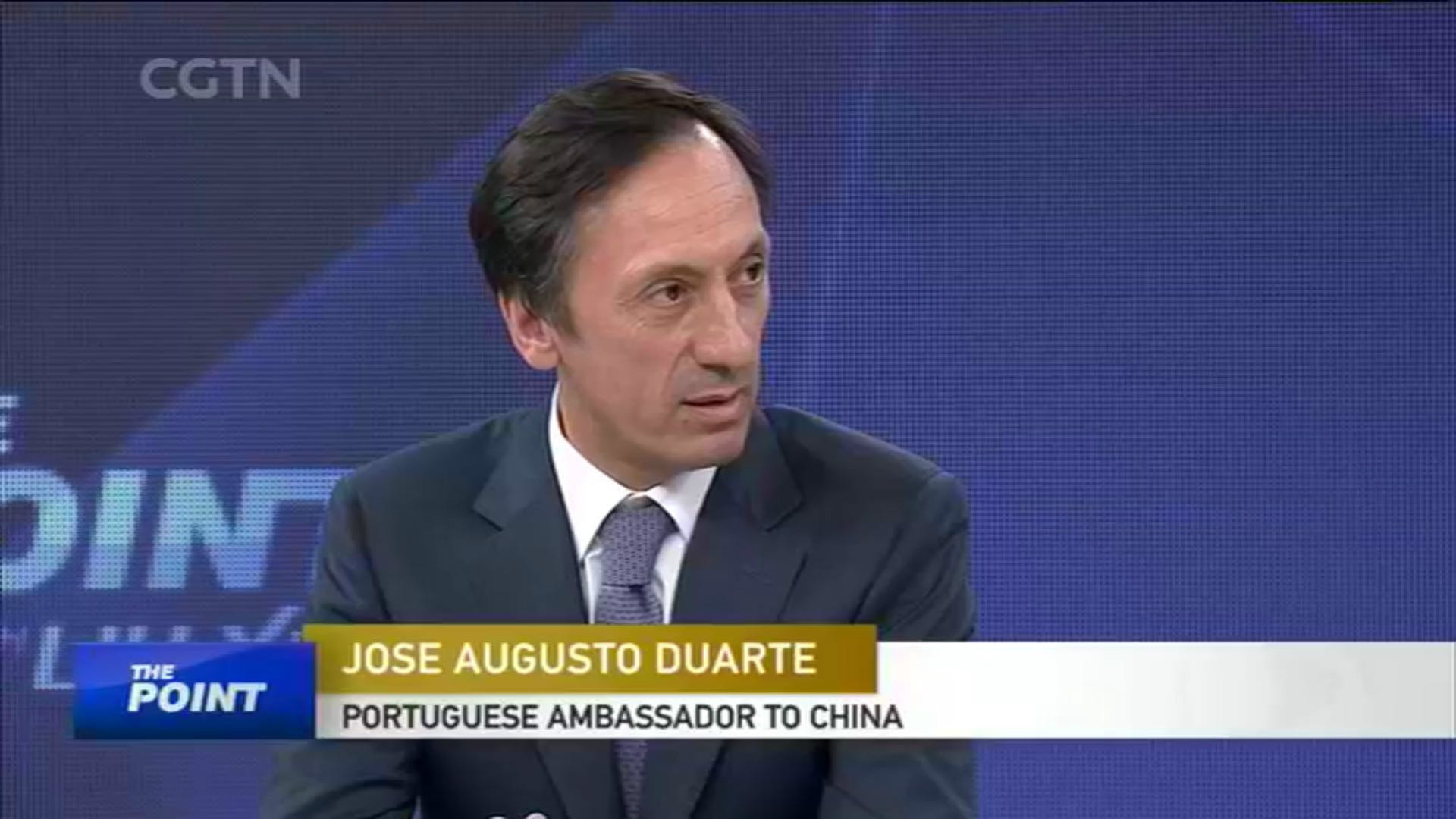
18:03, 28-Feb-2019
Portuguese Ambassador: We are not afraid of China’s rise

“Portugal is the European country that knows China the best,” said Portuguese President Marcelo Rebelo de Sousa, when Chinese State Councilor and Foreign Minister Wang Yi visited Portugal and met with De Sousa in May.
Wang said China is willing to make the bilateral economic relationship a showcase and an example of country-to-country relations.
“I think we can say that proudly, we know China better than some other countries,” said Jose Augusto Duarte, the Portuguese ambassador to China during an interview with CGTN’s The Point.
“Because the first time we established relations between China and Portugal was in 1509. From 1509 until now, we never had a single conflict, never in our history. So it’s more than 500 years’ relationship without a single conflict. We are very distant geographically; we are very different in terms of religion and society, yet always we knew how to overcome the difficulties that make us apart, but to put in the first place our common interest,” he added.
2018 marks the 15th anniversary of the China-EU comprehensive strategic partnership, and in 2019 China and Portugal will celebrate their 40th anniversary of diplomatic relations. As we see a leap forward in Chinese investments in Portugal, we have also seen plenty of tangible benefits to the people of both countries.
Learning Mandarin and Portuguese have become more popular in both countries. More “Made in China” products are available to Portuguese people, and Portuguese wine and other specialty foods are landing on the tables of Chinese households. Under the Belt & Road Initiative, Portugal has become a converging point for the new silk roads by land and by sea, making it an even more important partner for China.

“We are not afraid of China’s rise. If we know a bit about history, countries rise, countries go down, geopolitics and geoeconomics change and transform, and it’s part of history. We don’t feel threatened by China’s rise; it’s good if it rises, it's positive,” said Ambassador Duarte.
However, the figures for bilateral trade between China and Portugal are not as rosy. In 2017, they stood at 5.58 billion US dollars, the same as the year before, whereas China's overall trade with the EU expanded considerably.
“We have a lot of work to do. We have a lot to do from the Chinese part; we have even more to do from the Portuguese side. We have to be more aggressive and more present in the area. Now we have to reinvest and reanalyze the market, so a knowledge in Portugal about conditions in the market is important (as well as) motivation and not to be afraid of the distance that makes us apart,” Ambassador Duarte concluded.
SITEMAP
Copyright © 2018 CGTN. Beijing ICP prepared NO.16065310-3
Copyright © 2018 CGTN. Beijing ICP prepared NO.16065310-3